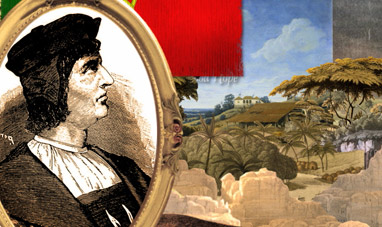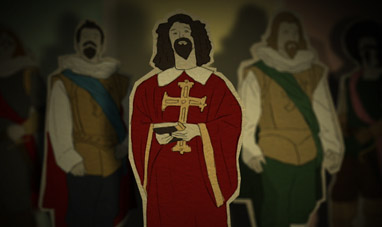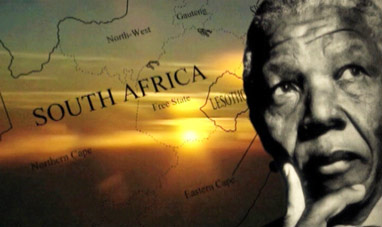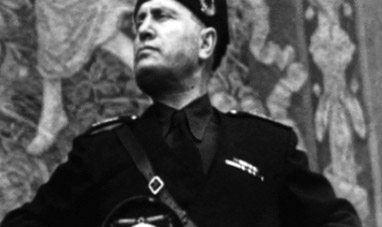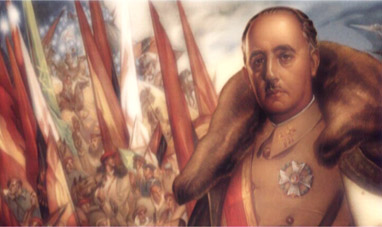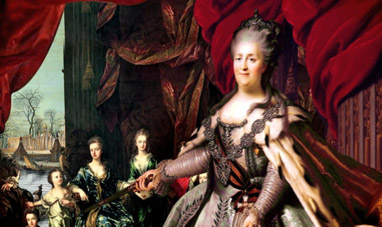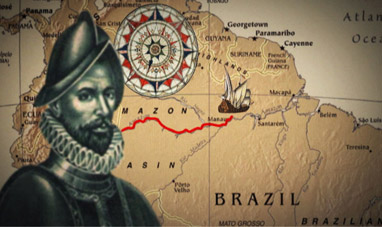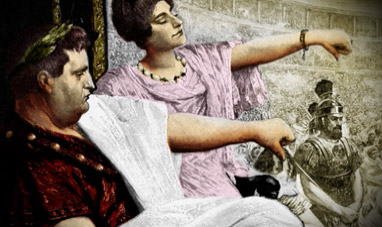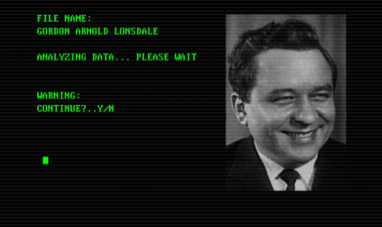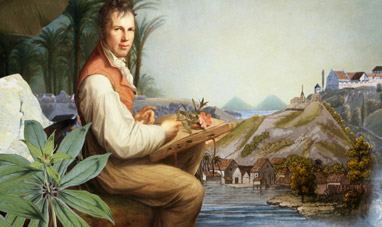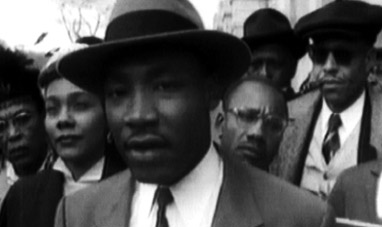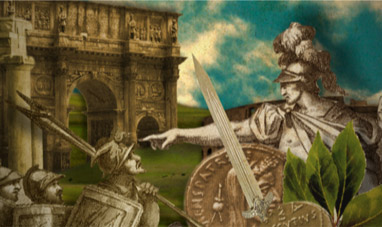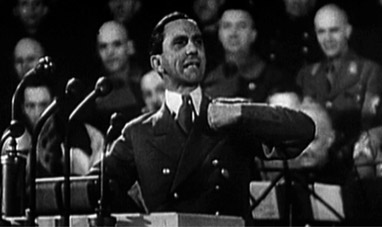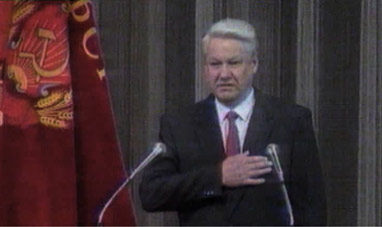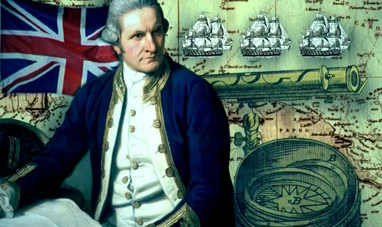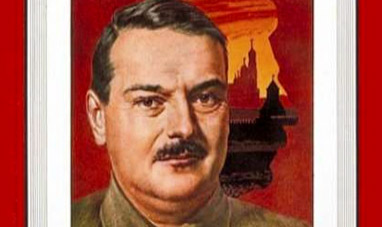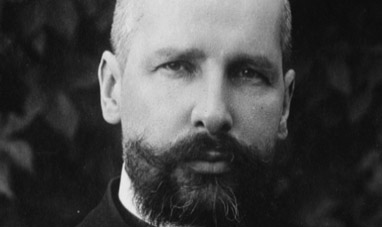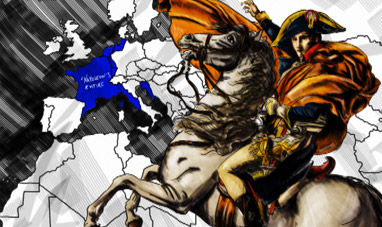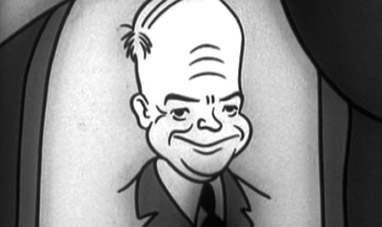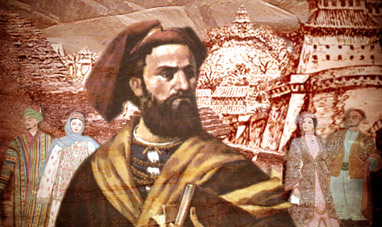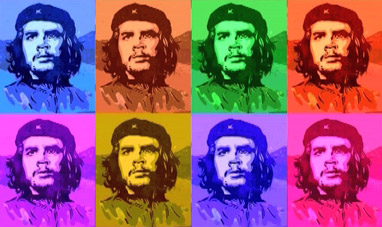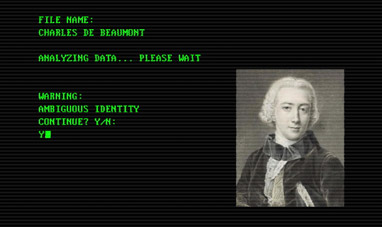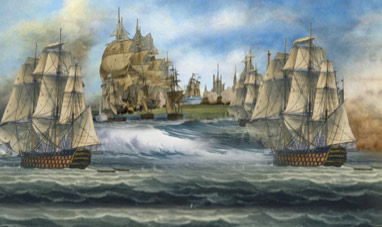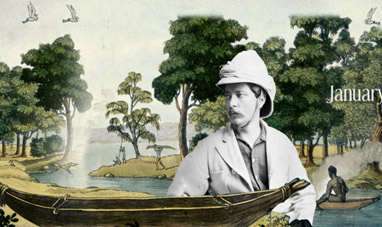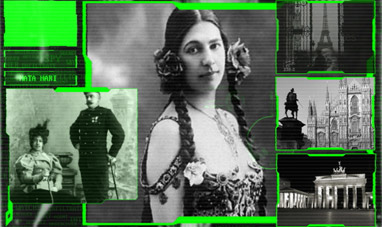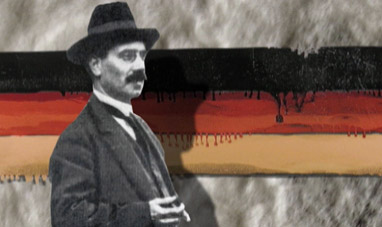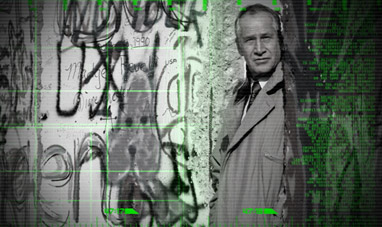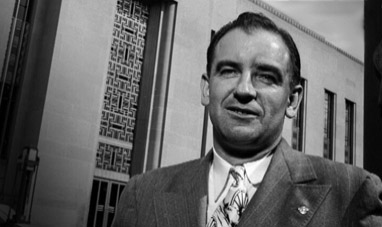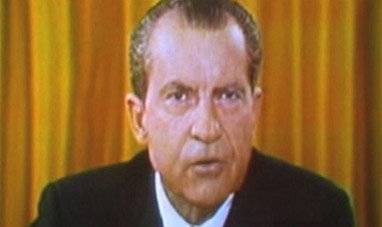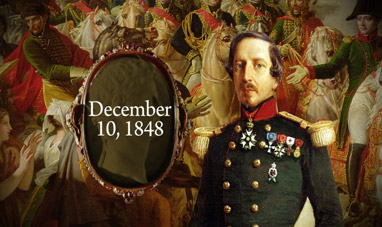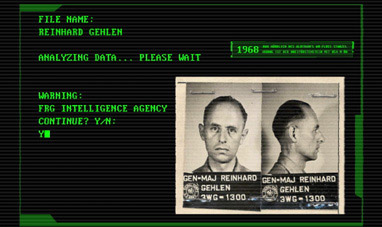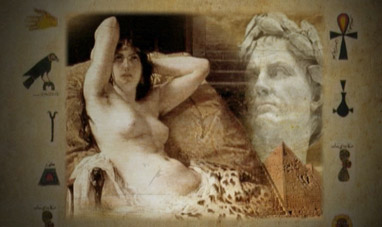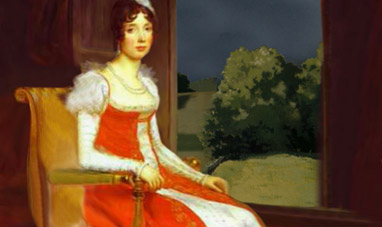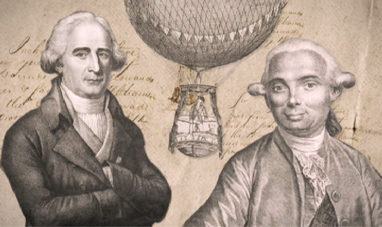Charles-Maurice de Talleyrand-Périgord was one of the dominant figures in French politics between the eighteenth and nineteenth centuries. Talleyrand was born in Paris on February 2, 1754, into an aristocratic family. A serious disability in one foot kept him from pursuing a military career. His family decided to enroll him in a seminary, and in 1779 Talleyrand was ordained. Despite being a priest, he led a libertine’s life. He is thought to have had a number of illegitimate children, among them the famous painter Eugene Delacroix. In 1780 he was made a member of the General Assembly of the French Clergy, where he fought the monarchy in order to keep ecclesiastical properties from being taxed. In 1789 he was made a bishop. The Revolution was near, and Talleyrand sensed that the time had come to embrace new ideals. When the French Revolution broke out [1789] he became a member of the National Constituent Assembly, charged with writing the new constitution. He proposed the nationalization of ecclesiastical assets, and the creation of a Civil Constitution of the Clergy, obliging bishops to swear loyalty to the State. But Talleyrand also secretly maintained relations with Louis XVI. In 1791 Pope Pius VI excommunicated Talleyrand, but the budding statesman had already decided to leave the church.
As a diplomat representing revolutionary France [1792], Talleyrand traveled to England to secure a promise of neutrality in the event of a European conflict. Meanwhile, back in France, his secret correspondence with Louis XVI was uncovered. Talleyrand was forced to escape to London and then to the United States. He wouldn’t return to France until 1796, when the baroness Madame de Staël intervened on his behalf. When Napoleon rose to power during the coup of 18 Brumaire [November 9, 1799], Talleyrand was on top of events. He maneuvered to become Napoleon’s private advisor and Minister of Foreign Affairs. In 1807 Talleyrand, increasingly critical of Napoleon’s expansionism, started providing confidential information to Tsar Alexander I, and planning to restore the French throne to its legitimate sovereigns. After the fall of Napoleon [1814], he supported Louis XVIII Bourbon’s rise to the throne, becoming the King’s Minister of Foreign Affairs. The balance of power in post-Napoleonic Europe was redrawn at the Congress of Vienna [1815], where Talleyrand’s diplomatic skills saved France from punishment. In the final years of his career, he helped Louis-Philippe, Duke of Orléans, rise to the throne [1830].His last diplomatic accomplishment was the creation of an alliance between France, England, Spain and Portugal in April 1834. Talleyrand died in Paris on May 17, 1838. He was 84. A few hours before passing away, he wrote to Pope Gregory XVI seeking reconciliation with the church.
As a diplomat representing revolutionary France [1792], Talleyrand traveled to England to secure a promise of neutrality in the event of a European conflict. Meanwhile, back in France, his secret correspondence with Louis XVI was uncovered. Talleyrand was forced to escape to London and then to the United States. He wouldn’t return to France until 1796, when the baroness Madame de Staël intervened on his behalf. When Napoleon rose to power during the coup of 18 Brumaire [November 9, 1799], Talleyrand was on top of events. He maneuvered to become Napoleon’s private advisor and Minister of Foreign Affairs. In 1807 Talleyrand, increasingly critical of Napoleon’s expansionism, started providing confidential information to Tsar Alexander I, and planning to restore the French throne to its legitimate sovereigns. After the fall of Napoleon [1814], he supported Louis XVIII Bourbon’s rise to the throne, becoming the King’s Minister of Foreign Affairs. The balance of power in post-Napoleonic Europe was redrawn at the Congress of Vienna [1815], where Talleyrand’s diplomatic skills saved France from punishment. In the final years of his career, he helped Louis-Philippe, Duke of Orléans, rise to the throne [1830].His last diplomatic accomplishment was the creation of an alliance between France, England, Spain and Portugal in April 1834. Talleyrand died in Paris on May 17, 1838. He was 84. A few hours before passing away, he wrote to Pope Gregory XVI seeking reconciliation with the church.

